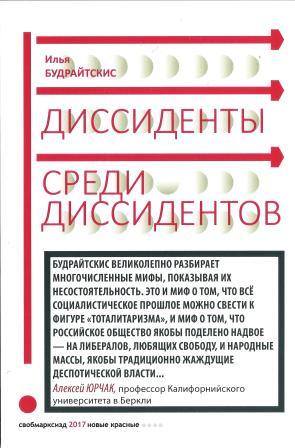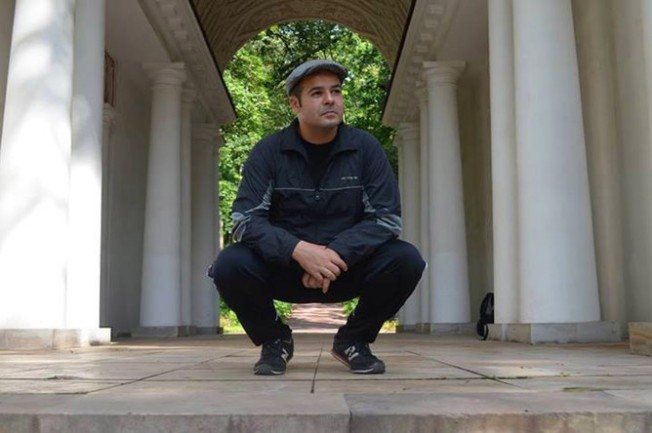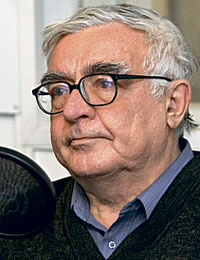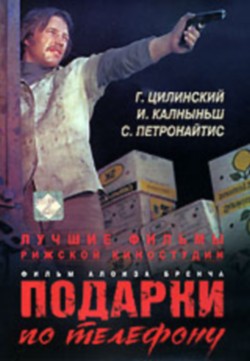
One would have hoped that the occasion of the centenary of the Russian Revolution would have lead to a serious reimagination of both the event in itself as well as the legacy and history emerging from this monumental event. In the English-speaking world many books have been rolling off the press in an attempt to reread this event in a number of ways. China Mieville’s October was arguably the best-written of the actual accounts of the revolutionary year. It’s a matter of argument whether many other volumes have contributed to a genuine reimagination of 1917 or have played more to the need for contemporary myths of the revolution. For many though (and especially amongst the Western left) the need to tailor the myth of October to one’s political position has counted more rather than any general re-evaluation of the Russian Revolution or the Soviet experience per se.
What is certain, though, is that the conversation about the Revolution and its legacy within the Western Left has taken place in complete ignorance of the conversation that the critical Russian Left has been having. This ‘non-communication’ is, of course, not new. There has always been a significant divergence between the discourses of Russian Leftists and Marxists and those in the West. Yet some of those barriers which went up in Soviet times after being eliminated have since metamorphised into other parallel barriers. Certainly there exists a rather one-sided exchange: a well-read Russian leftist might well know of western writers on Russian 20th century and contemporary history and, in general, will know of a large spectrum of contemporary western thinkers but this is very rarely reciprocated by western leftists. Clearly this has much to do with the general lack of translations of left Russian authors (and the rare willingness of western journals and publishers to discover Russian authors), and so one-way traffic that intellectual thought has moved is only reaffirmed further. In recent decades a small conduit has opened up through the world of art: indeed, many Russian leftists are published more often in art journals than they are in the conventionally political leftist public spheres. Otherwise any contacts that there are have been restricted to the academic sphere. It is only the very occasional site such as the excellent Left East which covers some of the more contemporary debates in the Russian (and East European) post-Soviet Left and is not specifically addressed to an academic audience. One author whose voice definitely is worth listening to is that of Ilya Budraitskis whose first major collection of essays, Dissidents Among Dissidents has just been published in Russia.

Several of the essays by Ilya Budraitskis in his collection of nine essays published by Kirill Medvedev’s Free Marxist Press have been published in English either on Left East or in the more arts oriented e-flux. But most have either been published only in Russian or not published at all. The fascinating title essay (which takes up almost half of the book)has never been published previously and offers us a completely new picture of Soviet history. Budraitskis recunts the history of Leftist (and indeed often Marxist) dissidency throughout the post-war period. Moving from the late Stalinist period to the demise of leftist dissidency in the early 1980s, Budraitskis depicts in his brief tour the extraordinary range of left opposition in the Soviet system. An opposition that could be formed around cultural clashes (for example a 1,000 strong demonstration protesting against the authorities attempt to prevent discussion of Picasso in St Petersburg during a memorable exhibition of the painter as well as the spontaneous Mayakovsky Readings in the late fifties) to full-scale working class revolts (Novocherkassk may have been the largest one but as Budraitskis has pointed out it was certainly not the only one). The underground Marxist Circles and regional worker-inspired dissidency along with the story of Samara’s Proletarianists are given some space of their own. Budraitskis then explains the historical demise of leftist dissidence (its growing marginalization in the larger dissident community in the 70s and its rout in early 80s). He manages to include fascinating historical material on individual figures of this left/Marxist dissident such as that of Boris Weil history highlighting the singular role that Lenin’s ‘State and Revolution’ played in forming Marxist Leninist dissidency. Not ignored either was the international situation and the Hungarian and Polish revolts in 1956 were to have resonances at the Soviet centre too.

This central text on the extraordinary story of dissidency from the Left in the Soviet period is accompanied by eight other texts of varying size but all well worth the read. Even the smallest of Budraitskis’ texts – his discussion of late Soviet detective films and his relating the genre to the oncoming Capitalist onslaught of the late Soviet system helps us reflect more on the political economy of a genre, just as his reflections on the Soviet and the Post-Soviet queues allow us to take stock the reality of changes from a depiction that is both Marxist but one imbued with that need (as Yurchak puts it in his preface to the collection) to lay bare the myths within which we move.

The first essay of the collection The Eternal Hunt for the Red Man is a brilliant discussion through the works of Svetlana Alexeievich and Vladimir Sorokin of the decommunization process.Budraitskis gives a trenchant critique of the lustration and decommunising practices that often underpin the ideological texture of the works.
Budraitskis doesn’t hesitate to discuss the role of the intellighentsia in the Soviet and Post-Soviet period.In his essay on Intellighenstia as a style, he strives to explains how it was formed, contrived as a group with a commonality of form and style while playing a different social role in the pre-Soviet, Soviet and post-Soviet eras. Other informed discussions have been opened up by Ilya Budraitskis and his historical excursion into Moral (or Ethical) Anti-Americanism. A short piece follows on the Strange Rebirth of the Trotskyist Conspiracy whose first mover in contemporary times is President Putin himself, who has a number of times invoked such a threat in his speeches while fighting his own immaginary battle with the spectre of the permanent revolution. Once again in a few pages Budraitskis manages to illuminate both contemporary Russia and the traces of Soviet and pre-revolutionary Russia’s that have been reinvented in the present and marshalled by the Russian elites.
Budraitskis’ final essay Legacy without Heirs is an essay on the legacy of the October Revolution and is worth far more than many of the writings that have appeared in English over the past year. In less than fifteen pages, Budraitskis uses some of the lesser known texts of Lukacs and an early text by Gramsci (who depicted it as a revolution against Das Kapital) to give a perspective of the dilemmas and paradoxes of the October Revolution. Budraitskis’ text leads us on to some brilliant considerations as to the Kantian rather than Hegelian outlook of the revolutionnaries in formulating their revolutionary task. Once more Budraitskis emphasizes the centrality of Lenin’s text State and Revolution (which as we saw was one of the major texts helping leftist dissidents to understand the shortcomings of Soviet society). Using an expression of Lukacs the Soviet revolutionaries were more than conscious that their task was that of ‘expelling Satan with the hands of Belzebub’. In this way with the help of commentators like Budraitskis we can begin to rethink more of the complexity of the October Revolution and take stock of what Soviet society actually was. Through such intelligent re-readings one opens up new vistas in which the pleiad of alternative Soviet thinkers (Ilyenkov, to give just one example) would regain their genuine due.
